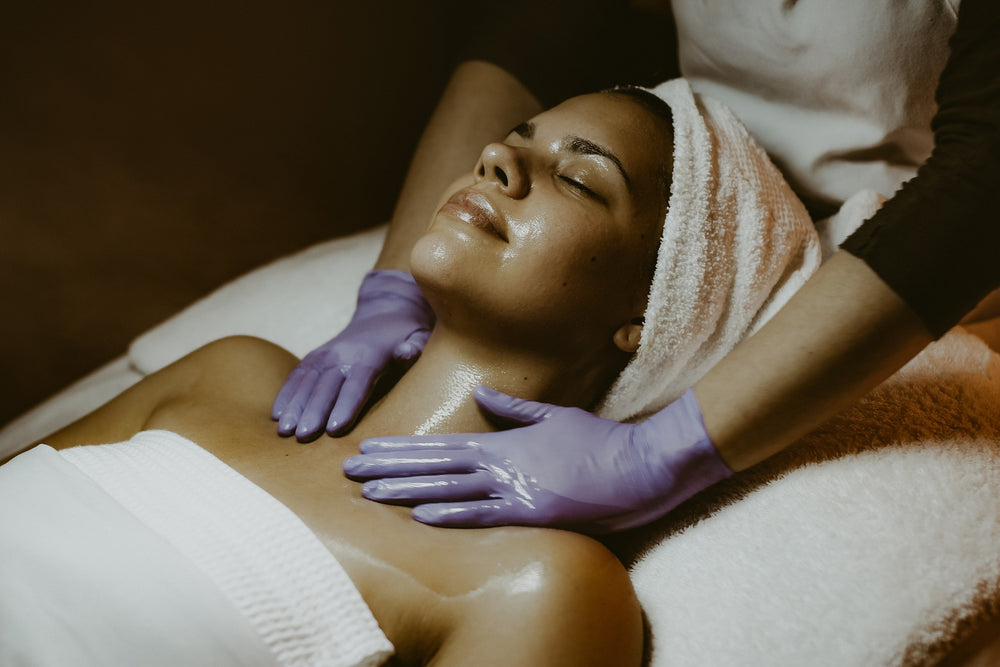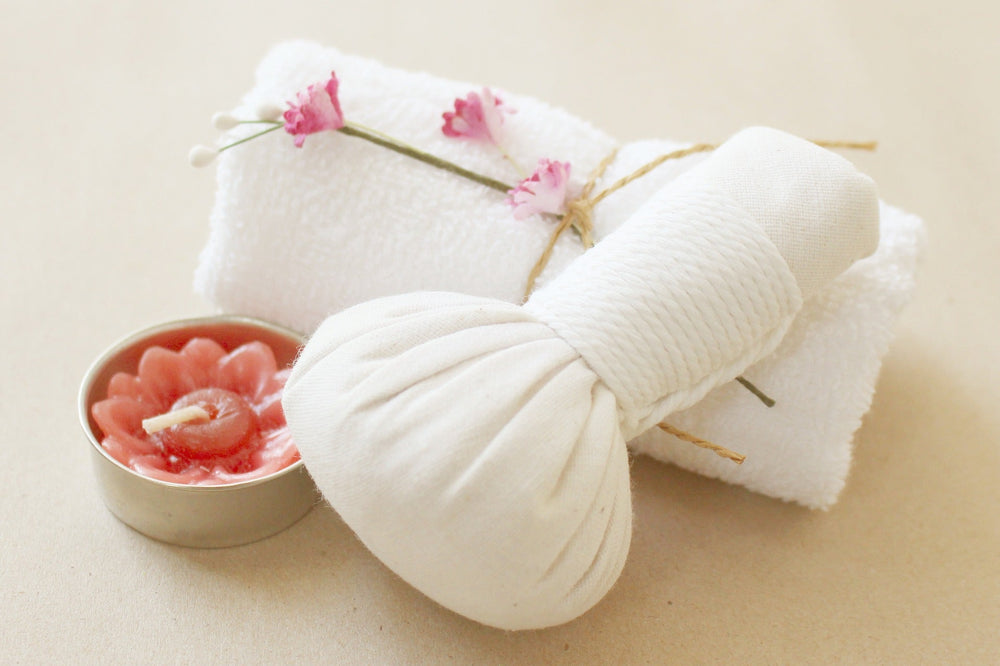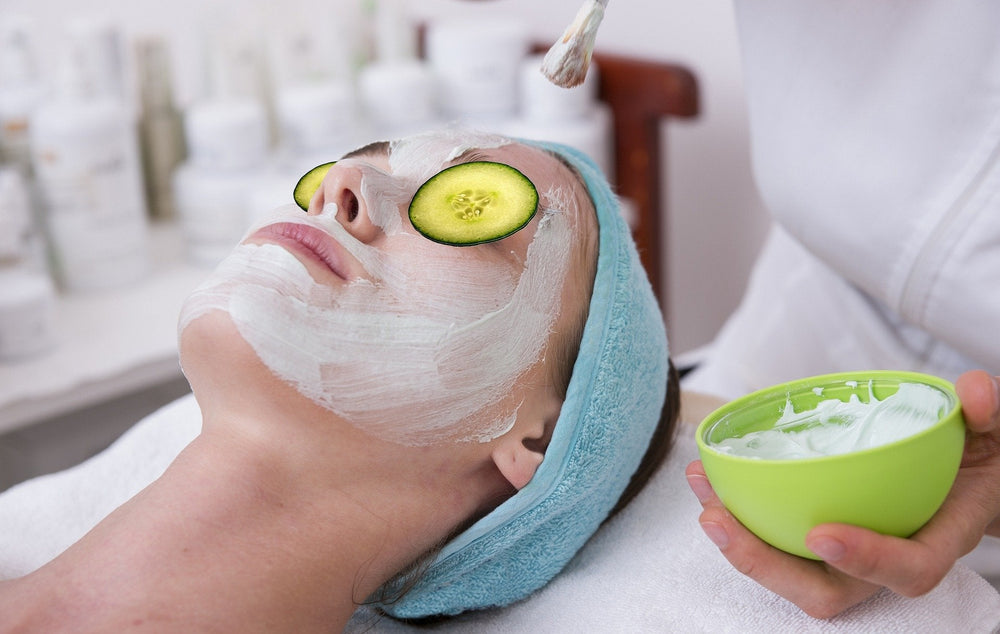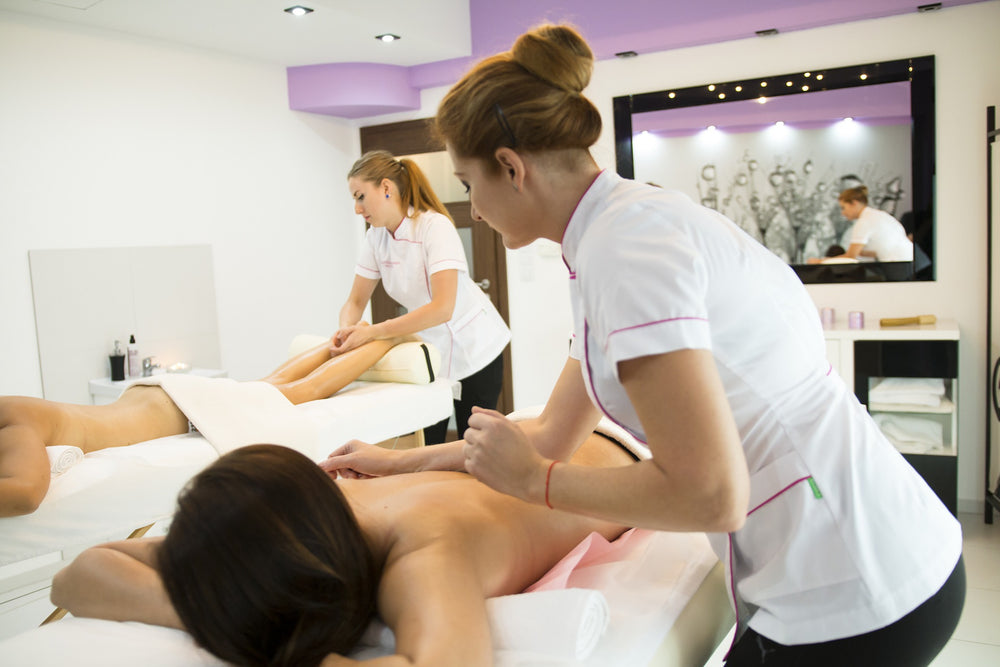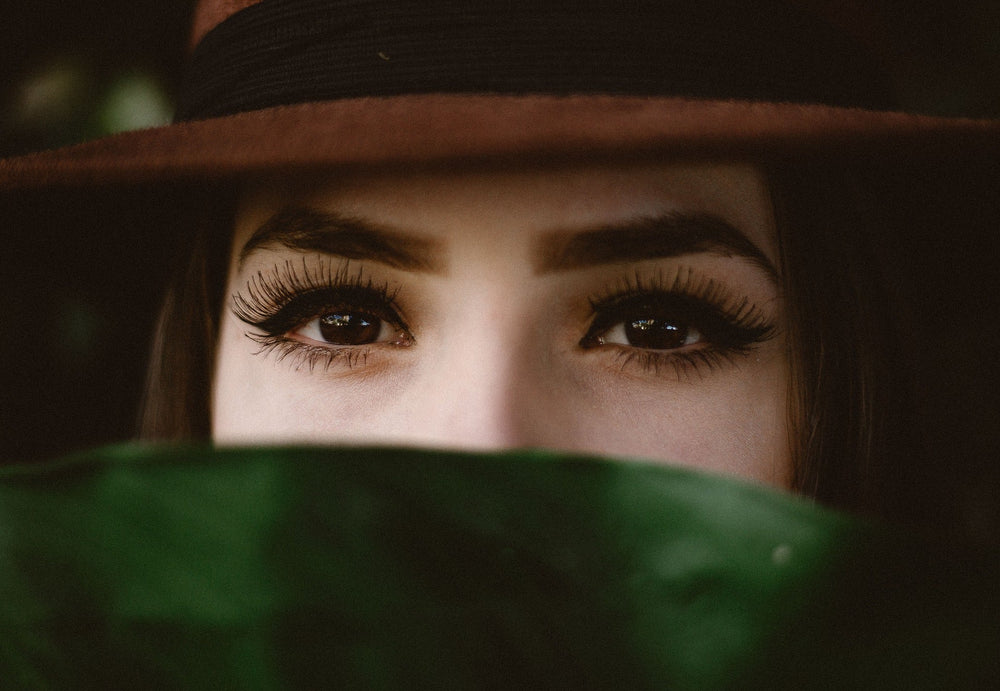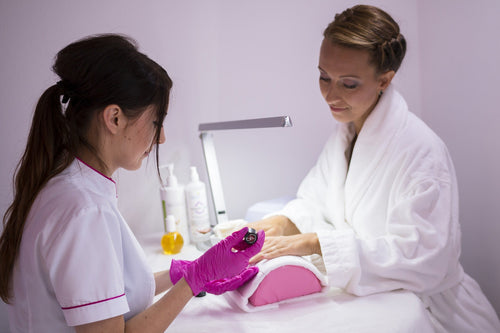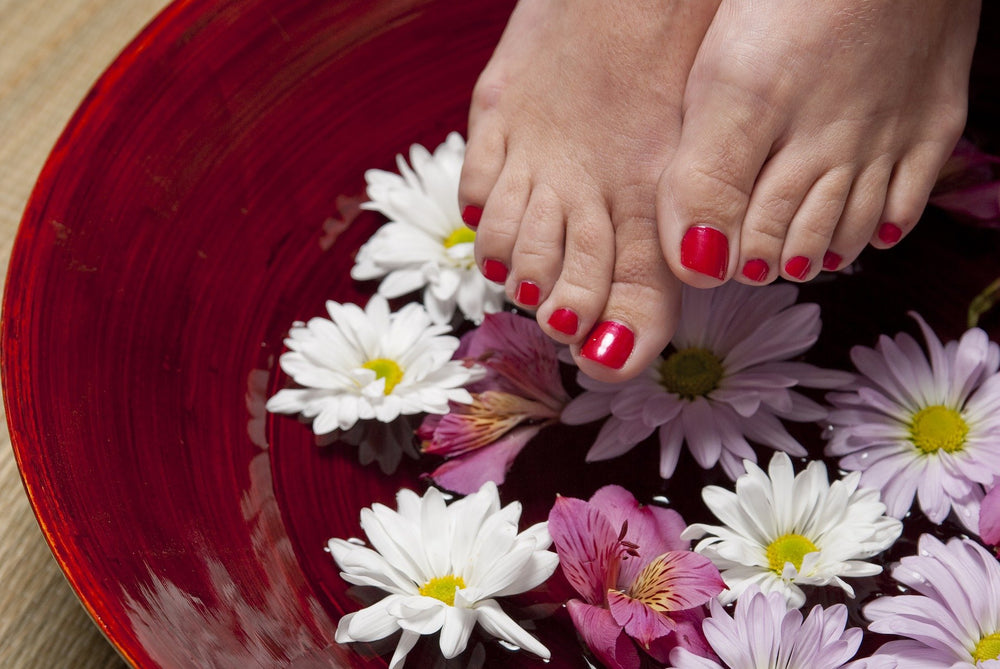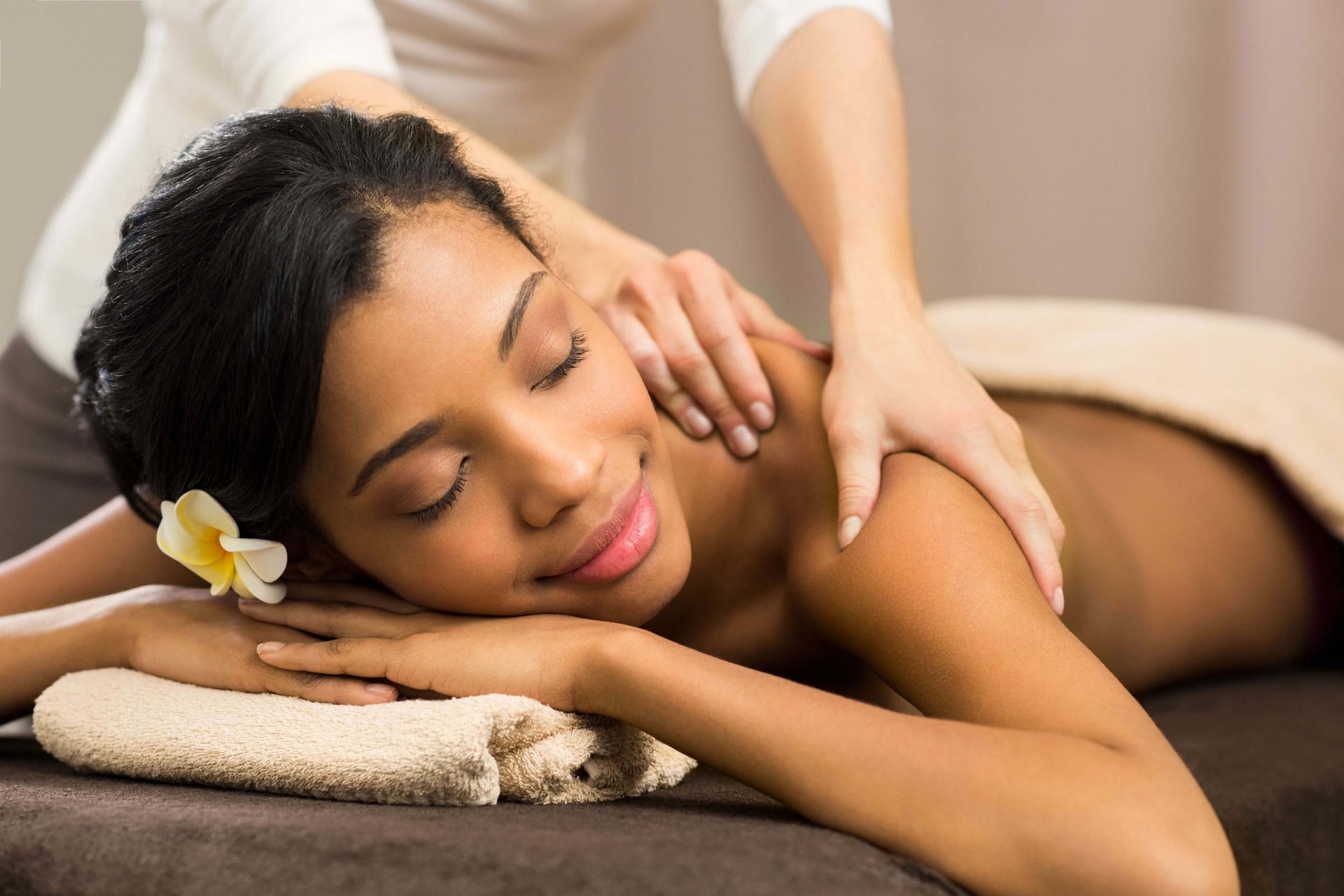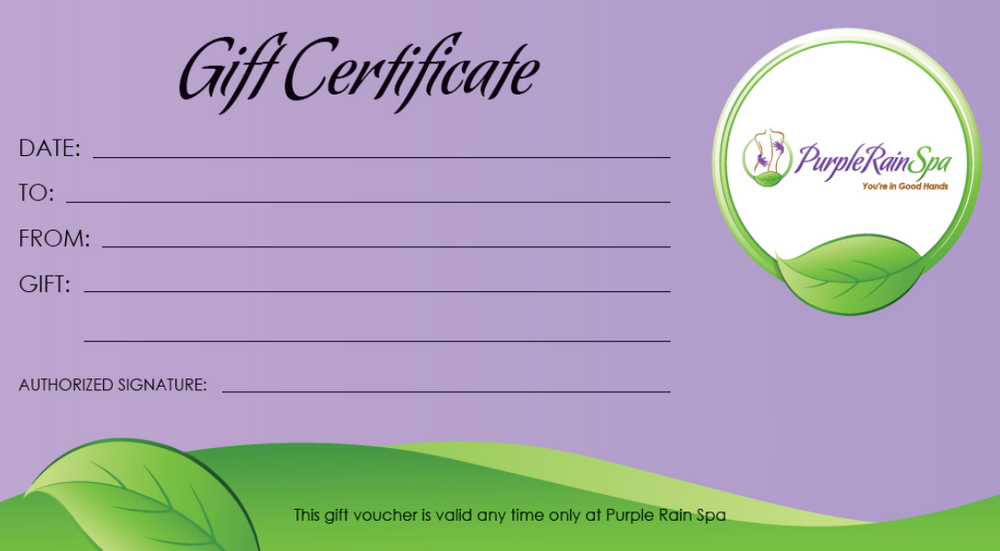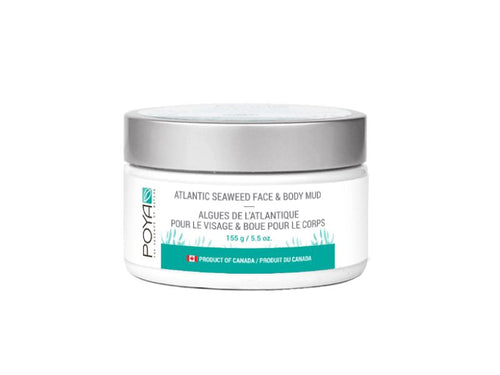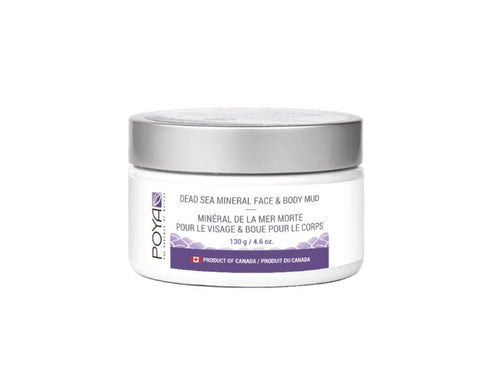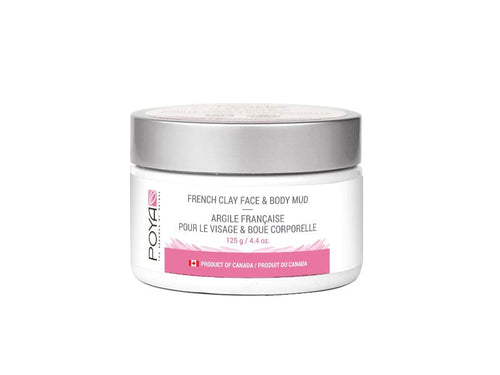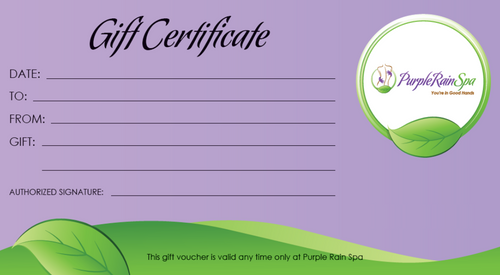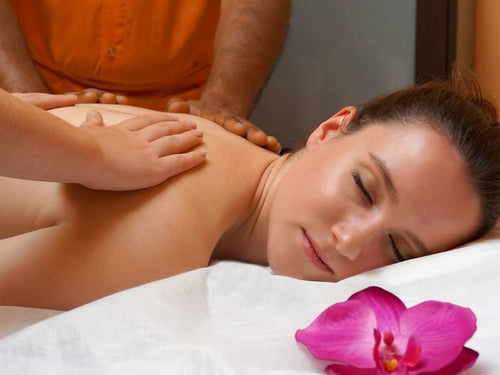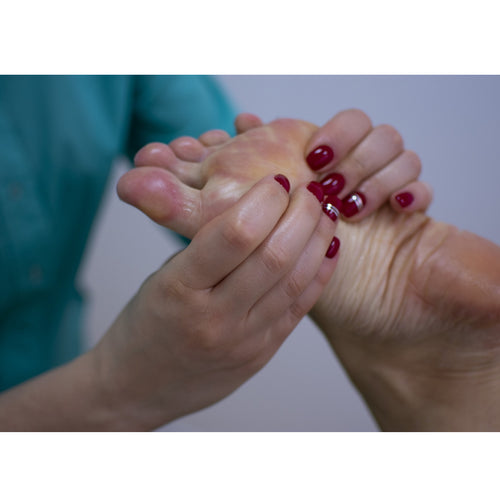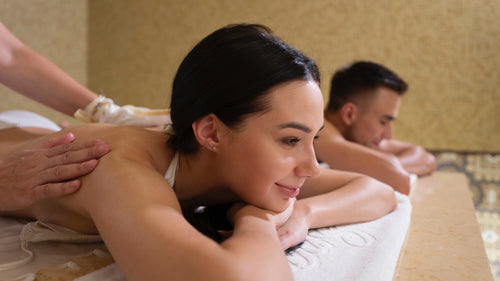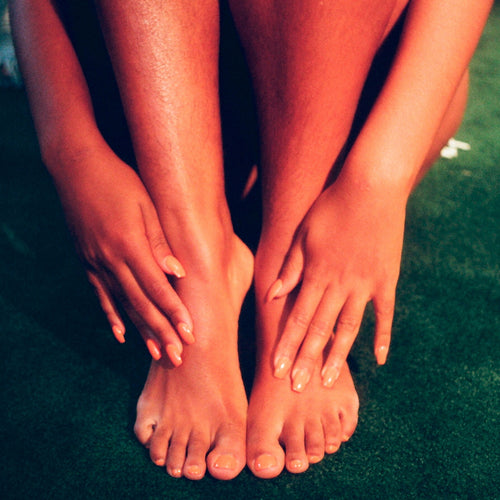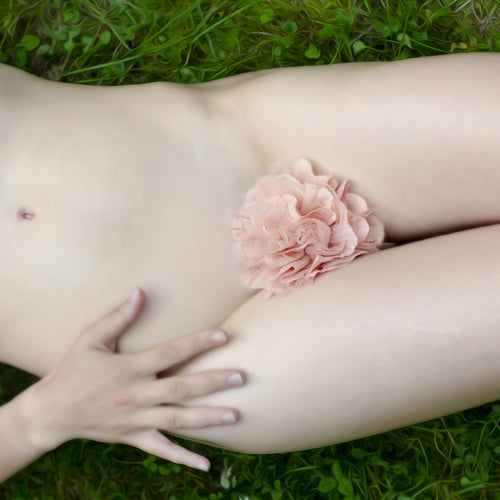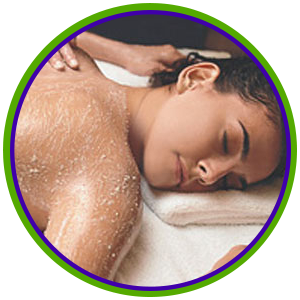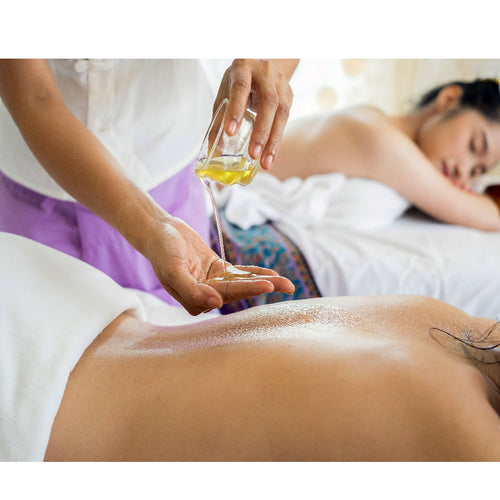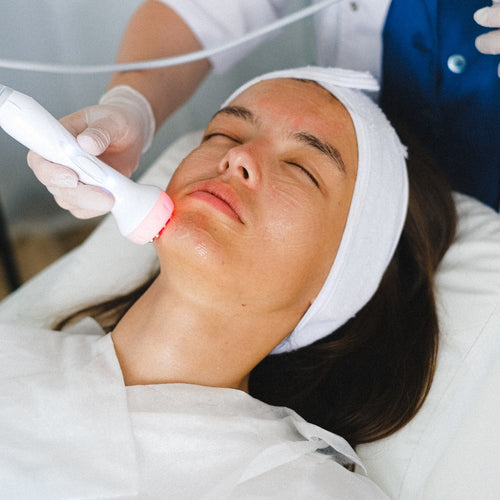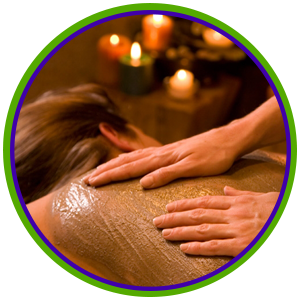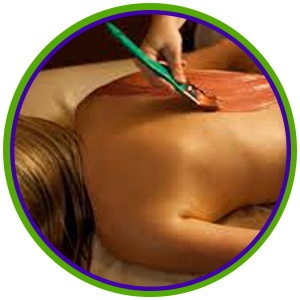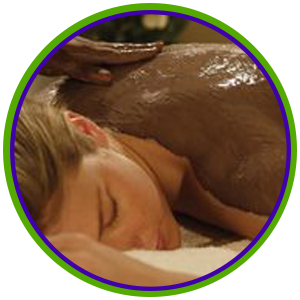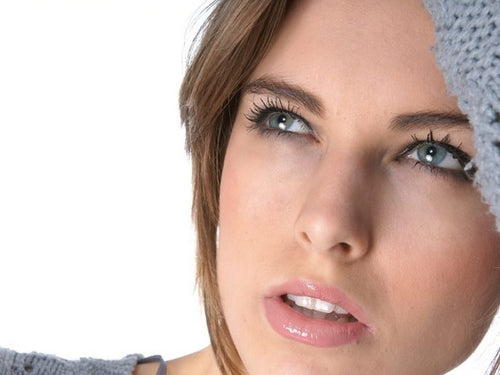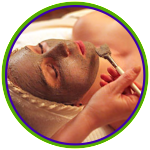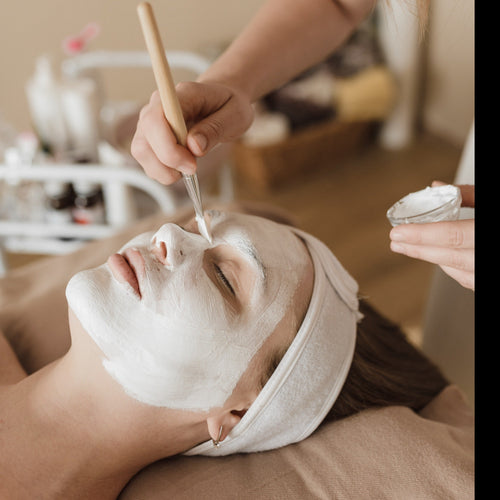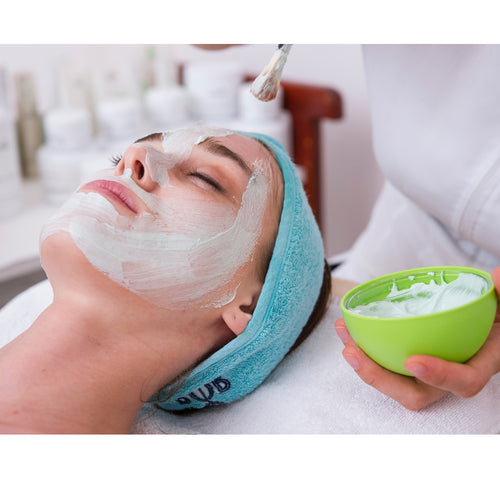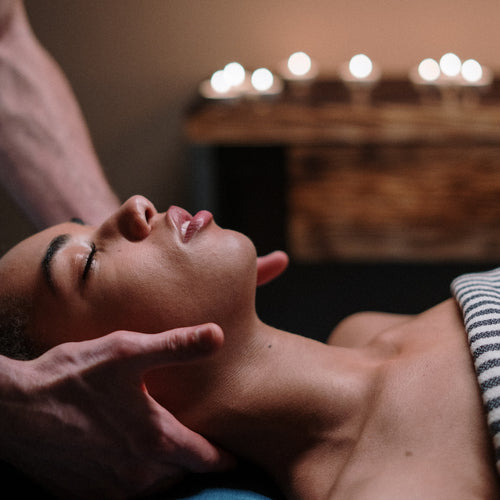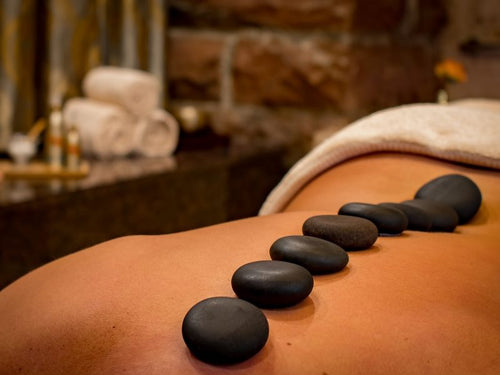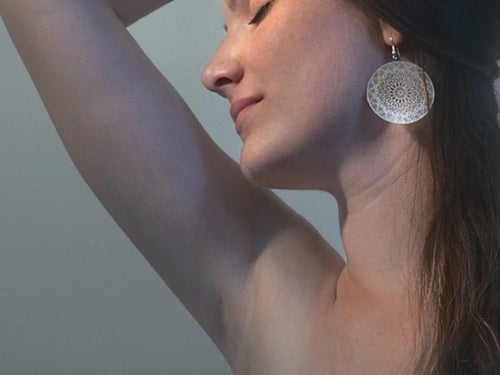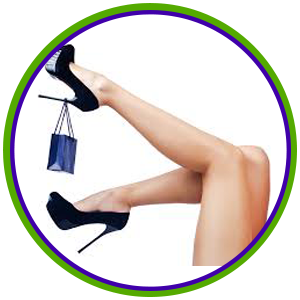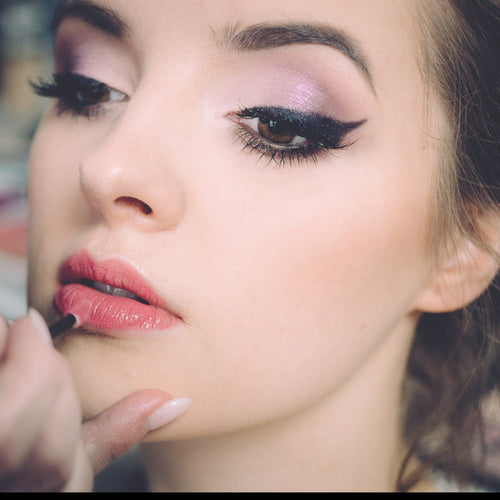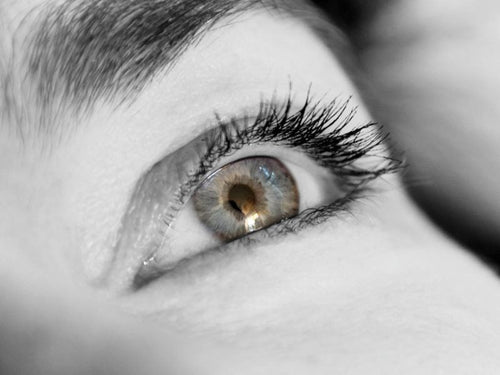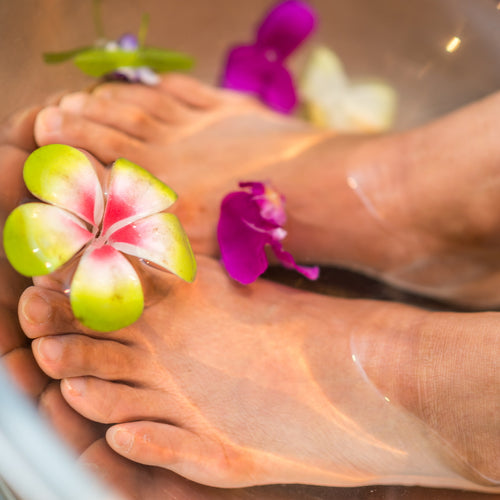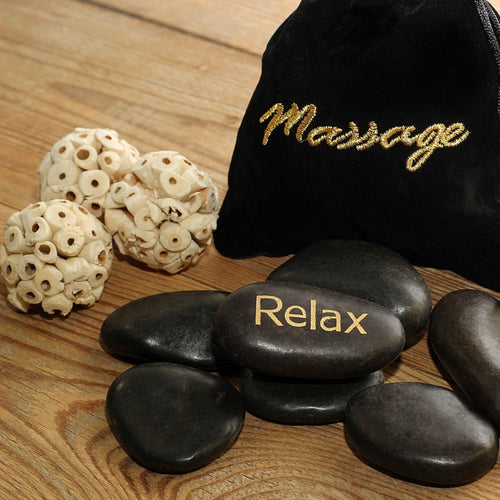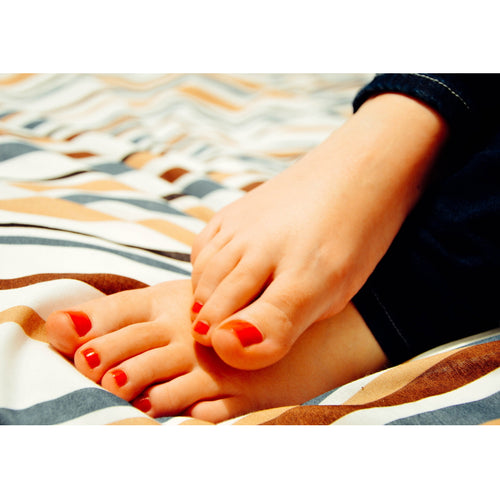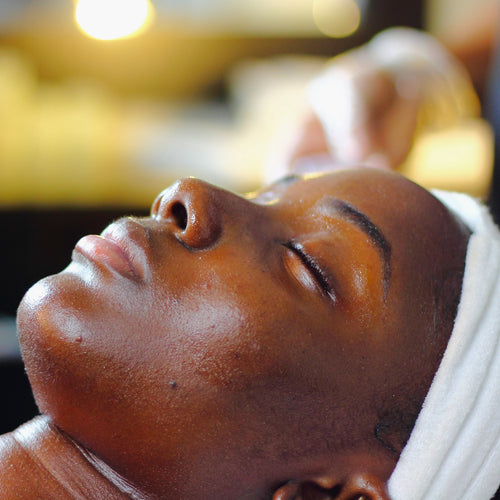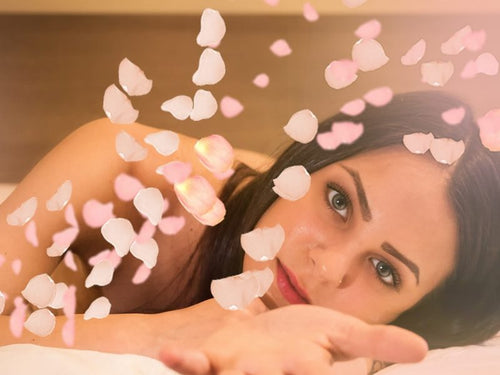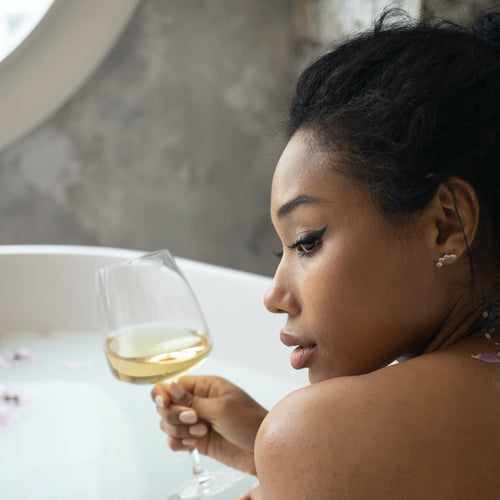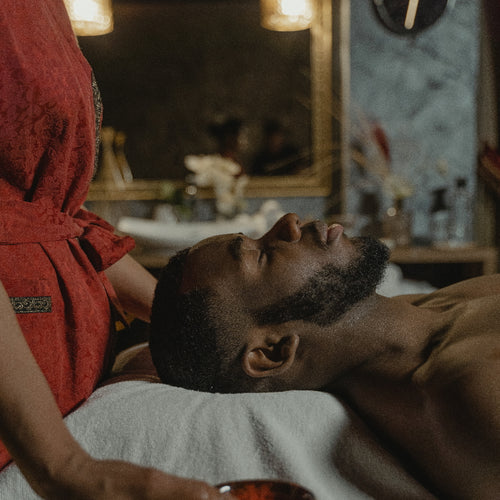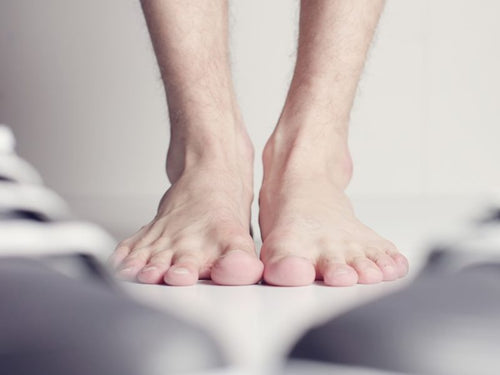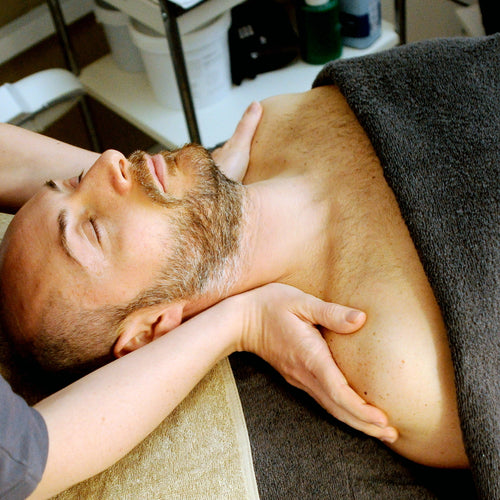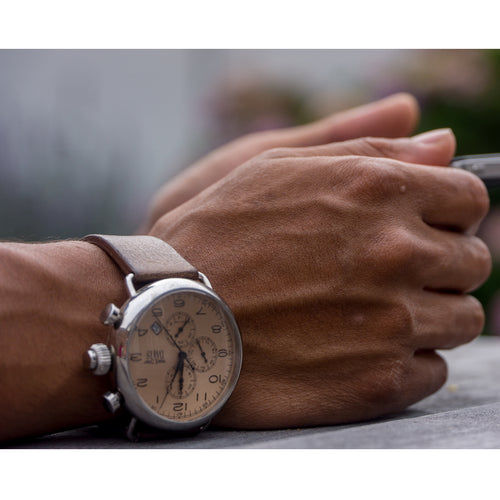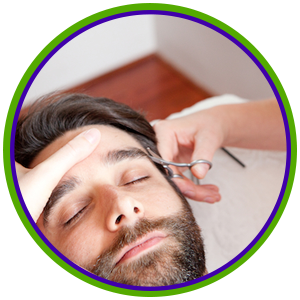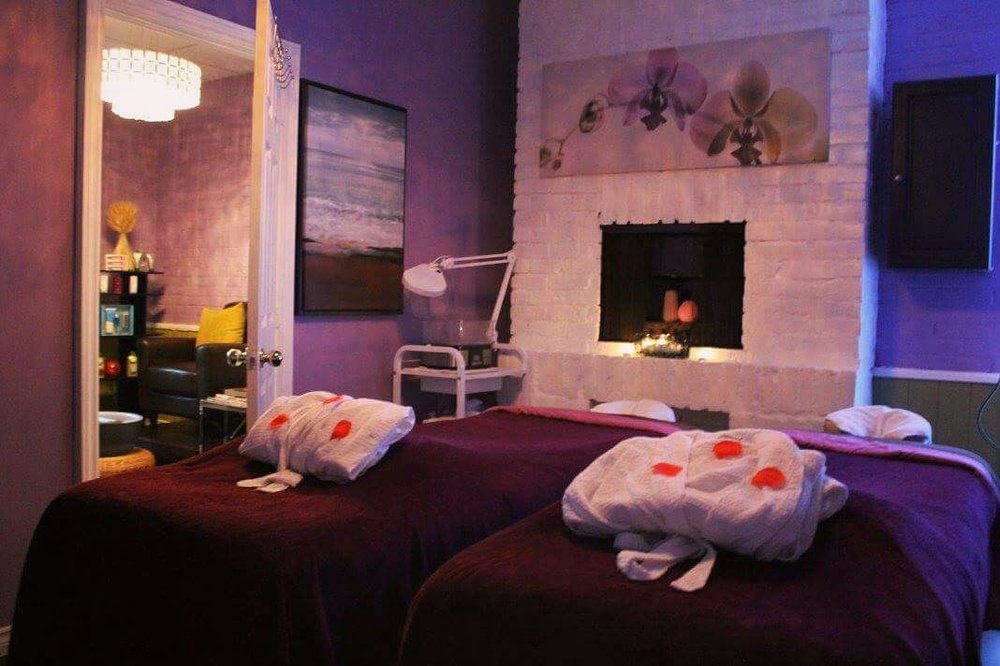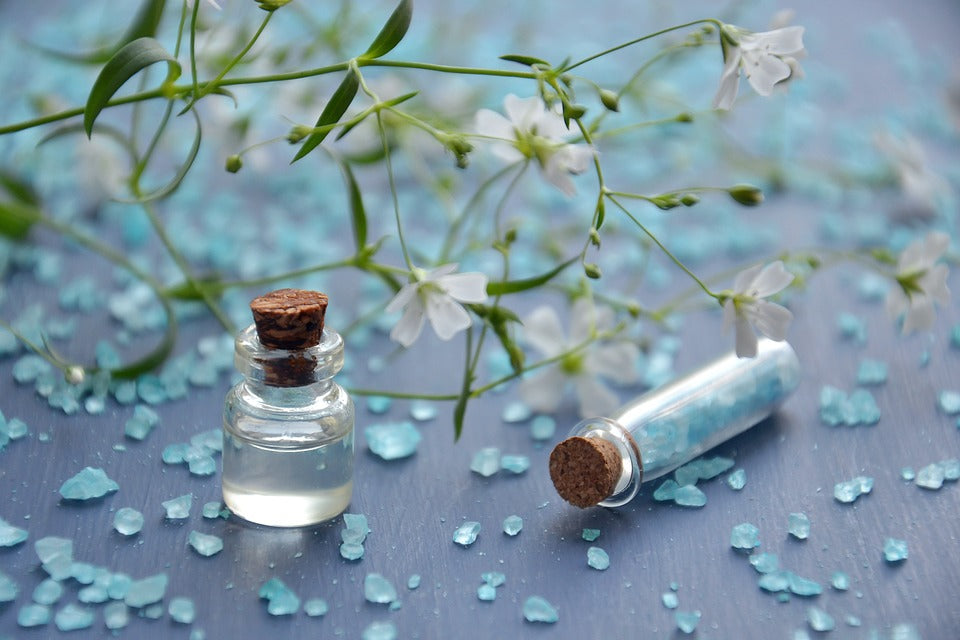
Aromatherapy is a holistic healing treatment that uses natural plant extracts to promote health and well-being. Sometimes it’s called essential oil therapy. Aromatherapy uses aromatic essential oils medicinally to improve the health of the body, mind, and spirit. It enhances both physical and emotional health.
Aromatherapy is thought of as both an art and a science. Recently, aromatherapy has gained more recognition in the fields of science and medicine.

How does aromatherapy treatment work?
Aromatherapy works through the sense of smell and skin absorption using products such as these:
- diffusers
- aromatic spritzers
- inhalers
- bathing salts
- body oils, creams, or lotions for massage or topical application
- facial steamers
- hot and cold compresses
- clay masks
You can use these alone or in any combination.
There are nearly one hundred types of essential oils available. Generally, people use the most popular oils.
Essential oils are available online, in health food stores, and in some regular supermarkets. It’s important to buy from a reputable producer since the oils aren’t regulated by the FDA. This ensures you’re buying a quality product that is 100 percent natural. It shouldn’t contain any additives or synthetic ingredients.
Each essential oil has an array of unique healing properties, uses, and effects. Combining essential oils to create a synergistic blend creates even more benefits.
Aromatherapy benefits
Aromatherapy has an array of benefits. It’s said to:
- manage pain
- improve sleep quality
- reduce stress, agitation, and anxiety
- soothe sore joints
- treat headaches and migraines
- alleviate side effects of chemotherapy
- ease discomforts of labor
- fight bacteria, virus, or fungus
- improve digestion
- improve hospice and palliative care
- boost immunity
Unproven claims
Scientific evidence for aromatherapy is considered to be limited in some areas. Research to support the use of aromatherapy in treating Alzheimer’s disease, Parkinson’s disease, and heart disease is lacking.
Conditions it may treat
Aromatherapy has the potential to treat many conditions, including:
- asthma
- insomnia
- fatigue
- depression
- inflammation
- peripheral neuropathy
- menstrual issues
- alopecia
- cancer
- erectile dysfunction
- arthritis
- menopause

Most popular aromatherapy oils
According to the National Association for Holistic Aromatherapy, the most popular essential oils are:
clary sage
cypress
eucalyptus
fennel
geranium
ginger
helichrysum
lavender
lemon
lemongrass
mandarin
neroli
patchouli
peppermint
Roman chamomile
rose
rosemary
tea tree
vetiver
ylang ylang
Side effects
Most essential oils are safe to use. But there are some precautions you should take when using them, as well as side effects you should be aware of, especially if you take any prescription medications.
Don’t apply essential oils directly to your skin. Always use a carrier oil to dilute the oils. Remember to do a skin patch test before using essential oils. Since citrus essential oils may make your skin more sensitive to the sun, these oils should be avoided if you’ll be exposed to sunlight.
Children and women who are pregnant or breastfeeding should use essential oils with caution and under the supervision of a doctor. You should avoid some oils and never swallow essential oils.

